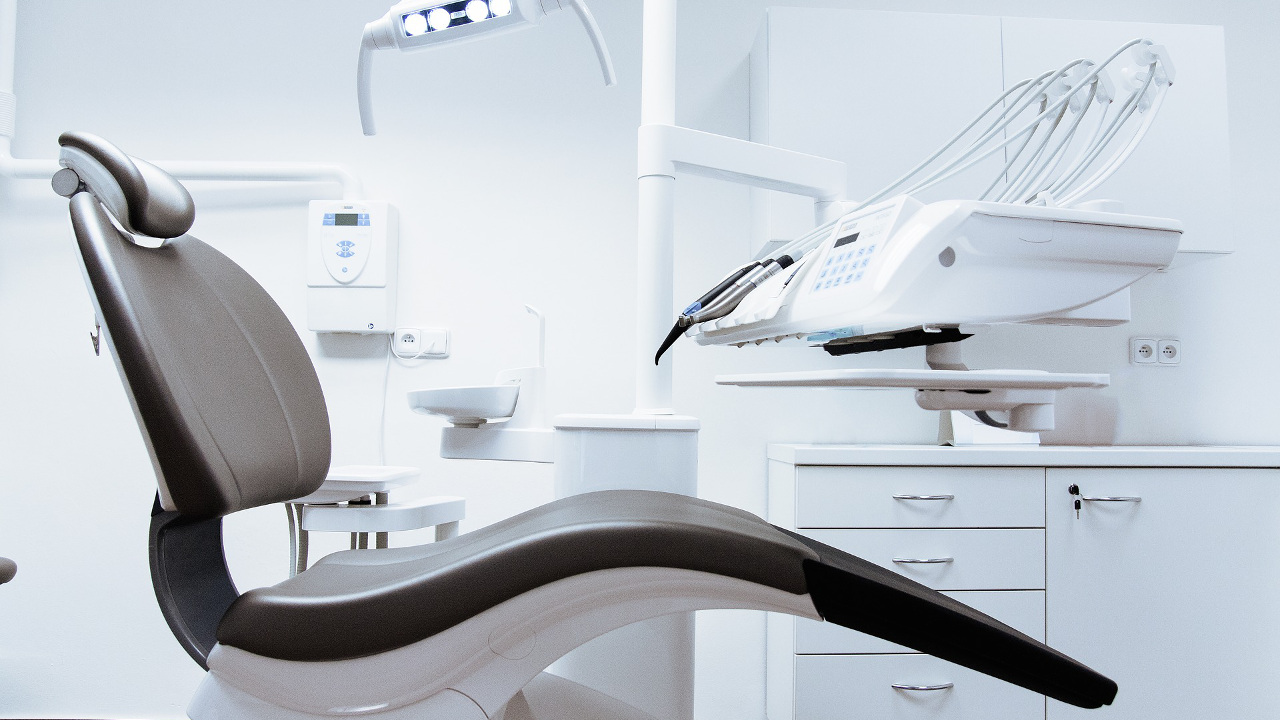
Stim Brushes | 20 Sep, 2022
Bleeding Gums? Don't Neglect Them!
A patient with a bleeding gums problem, lying back on the dental chair, asks his dentist “Don’t they make instruments that aren’t so sharp, to rectify gum bleeding problems?” The dentist smiles and politely says- “Sure do. You probably aren’t familiar with them; they are called floss and a toothbrush.”
Bleeding gums treatment is done when there are primarily signs of gum disease, due to poor oral health care, but can also be caused by a number of other health-related conditions, and should therefore not be neglected. From gingivitis or periodontitis to brushing your teeth vigorously - all these can make your gums sensitive and prone to bleeding.
Below are some of the reasons for bleeding gums when you brush or floss:
- Gingivitis
Gingivitis to your teeth is what kryptonite is to Superman. It renders both of them powerless. Gingivitis or inflammation of the gums is caused by plaque or bacteria accumulating on the teeth. If not removed by brushing and flossing, it can lead to an infection of the gums - gingivitis. If left untreated, gingivitis can progress to periodontitis. Symptoms of gingivitis include swollen gums, soreness around the gums, or bleeding.
- Periodontitis
If you are suffering from gingivitis and still thinking of taking a step, you stand to face progression into periodontitis – a serious infection that damages the soft tissue destroys the bone that supports your teeth, and may cause your teeth to loosen or fall out. Periodontitis is common but largely preventable.
- Deficiencies of Vitamins
A deficiency of vital vitamins can quite often result in bleeding gums. Though this is not a mainstream problem in developed countries, unhealthy children and adults suffering from the deficiency of Vitamins C and K can suffer from gum bleeding problems.
Other reasons
- Tight-fitted or small dentures can cause gums to bleed. It is important to go to your dentist to sort this out.
- Hormonal changes that occur in the body during pregnancy can lead to gum sensitivity.
- Leukemia, hemophilia, or any other bleeding disorder can increase the chance of gum bleeding. A reliance on blood-thinning drugs like aspirin, warfarin, and heparin can also cause your gums to bleed more than usual.
Steering clear of gum problems just takes a little bit of effort. Brush your teeth twice a day, after meals, with a good toothbrush. Carry our interdental brushes on the go, when you don’t have access to your daily-use oral care products.


